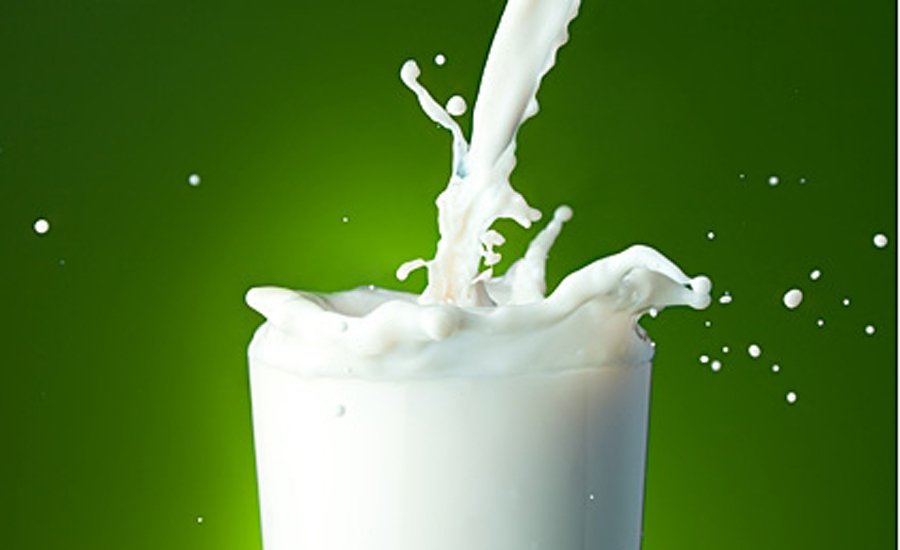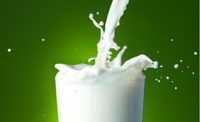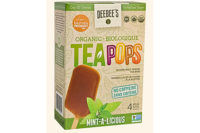A new report from Cornucopia Institute, Cornucopia, Wis., takes an in-depth look at what plant-based beverages really offer consumers, how they are marketed and how they compare to cow's milk.
The report, "Pouring" Over Plant-Based Beverages,” reveals that beverages made from seeds, fruits, nuts, legumes and cereals often contain little plant material. What’s more is that manufacturers heavily sweeten the drinks to improve flavor and add thickeners and gums to make them seem creamy.
"Astonishingly, some of these beverages advertised as 'healthy' alternatives to dairy have a sugar content equal to or greater than some soft drinks," says Anne Ross, the report's lead author and director of international policy for Cornucopia.
To help consumers find the most nutritious plant-based beverages containing the fewest additives, Cornucopia developed a comprehensive scorecard rating over 300 products from 49 brands.
"Massive conglomerates are eager to get into the plant-beverage market," says Ross. "It is a lucrative venture because these products sometimes consist of only a handful of nuts or seeds, water and additives, while producing high profit margins."
Marketing suggests that plant-based beverages are equivalent substitutes for dairy milk, but nutrient profiles show these beverages are fundamentally different types of food.
For individuals without dietary restrictions, cow's milk provides a natural source of bioavailable calcium and micronutrients, often at demonstrably higher levels than in plant-based beverages. Organic milk produced by cows that graze on pasture has nutritional qualities that are naturally superior to conventionally produced cow's milk and plant-based beverages.
The best choice, whether it be a glass of plant-based product or cow's milk, is always USDA-certified organic.




